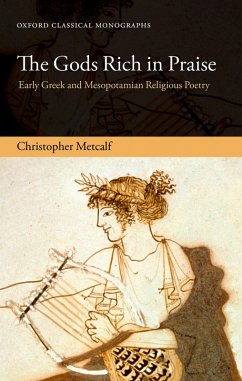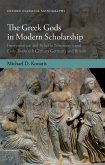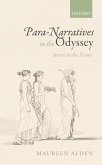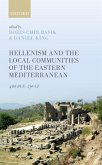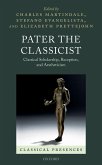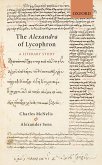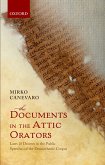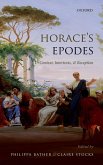Many scholars today believe that early Greek literature, as represented by the great poems of Homer and Hesiod, was to some extent inspired by texts from the neighbouring civilizations of the ancient Near East, especially Mesopotamia. It is true that, in the case of religious poetry, early Greek poets sang about their gods in ways that resemble those of Sumerian or Akkadian hymns from Mesopotamia, but does this mean that the latter influenced the former, and if so, how? This volume is the first to attempt an answer to these questions by undertaking a detailed study of the ancient texts in their original languages, from Sumerian poetry in the 20th century BC to Greek sources from the times of Homer, Hesiod, Pindar, and Aeschylus. The Gods Rich in Praise presents the core groups of sources from the ancient Near East, describing the main features of style and content of Sumerian and Akkadian religious poetry, and showing how certain compositions were translated and adapted beyond Mesopotamia. It proceeds by comparing selected elements of form and content: hymnic openings, negative predication, the birth of Aphrodite in the Theogony of Hesiod, and the origins and development of a phrase in Hittite prayers and the Iliad of Homer. The volume concludes that, in terms of form and style, early Greek religious poetry was probably not indebted to ancient Near Eastern models, but also argues that such influence may nevertheless be perceived in certain closely defined instances, particularly where supplementary evidence from other ancient sources is available, and where the extant sources permit a reconstruction of the process of translation and adaptation.
Dieser Download kann aus rechtlichen Gründen nur mit Rechnungsadresse in A, B, BG, CY, CZ, D, DK, EW, E, FIN, F, GR, HR, H, IRL, I, LT, L, LR, M, NL, PL, P, R, S, SLO, SK ausgeliefert werden.

